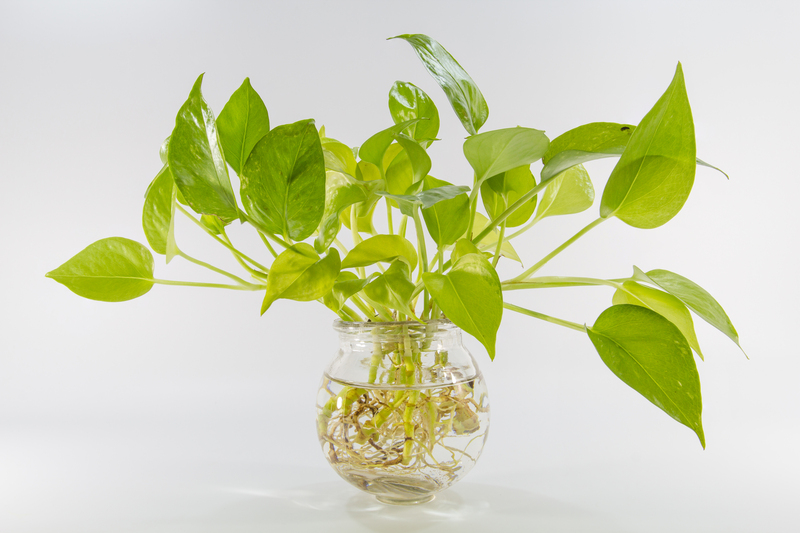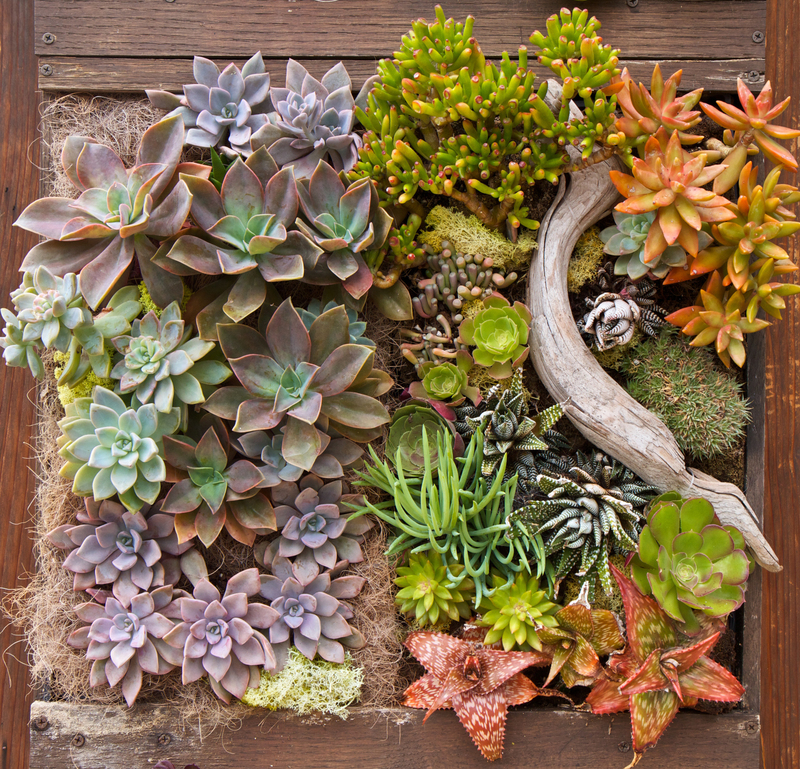Top 10 Tips to Prevent Rodents in Your Garden
Posted on 05/05/2025
Gardening enthusiasts often face the challenge of keeping their vegetable patches and flower beds safe from rodents. These pesky intruders can wreak havoc, damaging plants and spreading diseases. Whether you're a seasoned gardener or a newbie, employing effective strategies to deter rodents is crucial. Here are the top 10 tips to prevent rodents in your garden.
1. Maintain Cleanliness
Rodents are attracted to areas where they can easily find food and shelter. Keeping your garden tidy is the first line of defense. Regularly remove fallen fruits, vegetables, and other organic matter that could serve as a food source. Compost heaps should be well-managed and covered to prevent access.

2. Use Raised Beds
Raised garden beds can effectively keep rodents at bay. These structures make it more difficult for rodents to access your plants. Additionally, the elevated height dissuades them from burrowing into the ground where many plants are located. Ensure the beds are made from sturdy materials that rodents can't chew through.
3. Implement Physical Barriers
Physical barriers are one of the most effective methods to prevent rodents from entering your garden. Use mesh wire or hardware cloth around the perimeter of your garden. The mesh should be buried at least a foot underground to prevent rodents from burrowing underneath it. It's also wise to cover the tops of your plant beds with netting to guard against them climbing over.
4. Plant Rodent-Repellent Plants
Certain plants are known to repel rodents naturally. Garlic, daffodils, and marigolds are some examples. Integrate these plants into your garden layout to deter rodents. These plants have strong smells and bitter tastes that rodents find unappealing, acting as a natural deterrent.
5. Use Natural Predators
Encouraging the presence of natural predators can help control the rodent population. Birds of prey, cats, and snakes are effective at keeping rodents in check. Installing birdhouses or nesting boxes can attract birds that hunt rodents. If you own a cat, allowing it supervised access to the garden can also prove beneficial.
6. Proper Storage of Compost and Waste
Improperly stored compost and garden waste can attract rodents. Use compost bins that are rodent-proof and ensure they have secure lids. Keep garden waste and organic material in tightly sealed containers to eliminate potential food sources. Regularly turning the compost can also make it less attractive to rodents.
7. Eliminate Sources of Water
Like all animals, rodents need water to survive. Make sure there are no standing water sources in your garden. Fix any leaky hoses or irrigation systems and ensure that birdbaths and water features are regularly cleaned and maintained. Removing water sources makes your garden less attractive to rodents.
8. Trapping and Exclusion Methods
Setting up traps can help manage rodent populations. Snap traps, live traps, and electronic traps are common choices. Place these traps in areas where rodent activity is detected. Remember to check and clean the traps regularly. Combining trapping with exclusion methods, such as sealing entry points, ensures a comprehensive approach.
9. Use Organic Rodent Repellents
There are various organic products available that can repel rodents. Pepper sprays, castor oil, and predator urine are some examples. These natural remedies can be applied around the garden's perimeter or directly on plants. Be sure to follow the instructions for safe and effective use.

10. Regular Monitoring and Maintenance
Consistent monitoring of your garden is essential to detect early signs of rodent activity. Look for droppings, gnawed plants, or burrows. Regular maintenance, such as trimming bushes, mowing the lawn, and inspecting the garden for entry points, can help in early identification and prevention of infestations.
Conclusion
Preventing rodents in your garden requires a combination of proactive strategies. Maintaining cleanliness, using physical barriers, and encouraging natural predators are highly effective methods. Raised beds and rodent-repellent plants add extra layers of protection. Alongside these, proper storage, hydration control, and trapping methods ensure a comprehensive approach. Finally, regular monitoring and maintenance keep potential issues at bay. Implement these top 10 tips to enjoy a rodent-free garden, preserving the health and beauty of your plants.
Latest Posts
Top Tips for Cleaning Your Patio and Paving Like a Pro
Easy Steps to Sharpen Your Garden Shears Without Leaving Home
Inspiring Concepts to Cultivate Your Own Zen Garden Sanctuary




